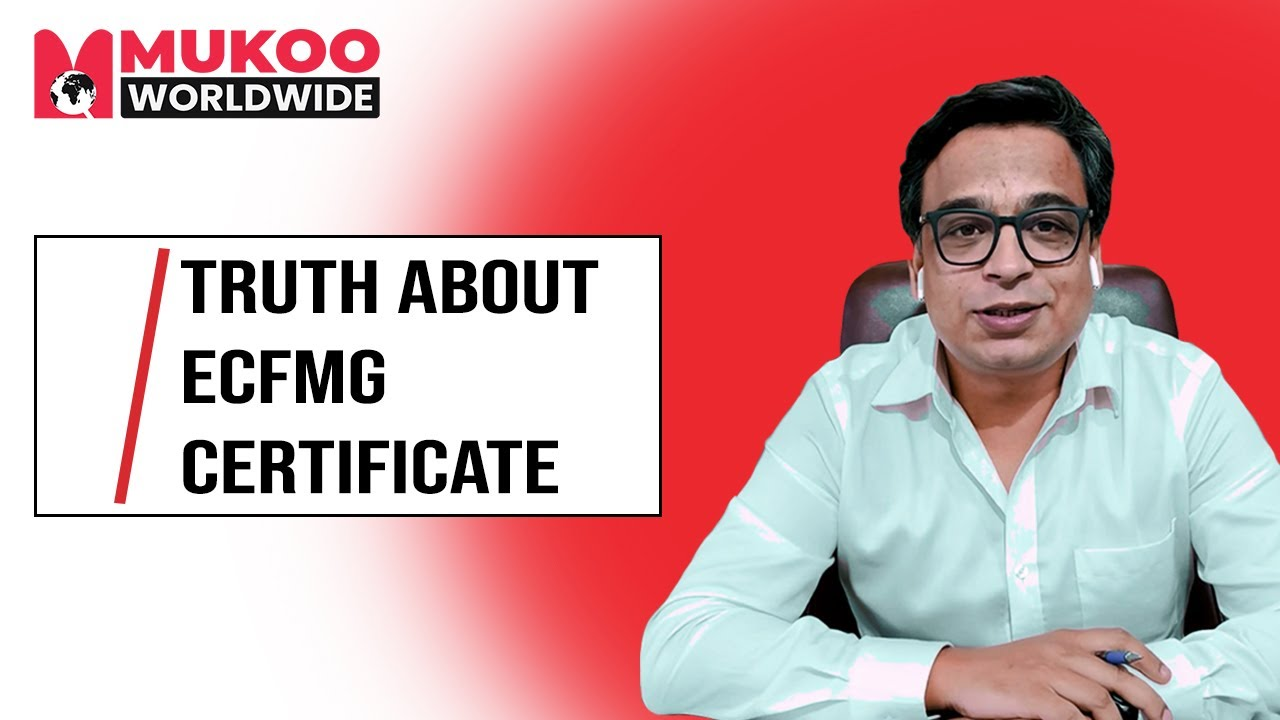





Are you navigating the complexities of admission
procedures for educational programs? Whether you're
eyeing a prestigious medical college or seeking
enrollment in a top-tier university, understanding the
registration process is crucial. Join us as we delve
into the intricacies of admission, shedding light on
key aspects and providing valuable insights.
Understanding the Registration System
The registration process serves as the gateway to
academic pursuits, enabling students to subscribe to
their desired courses and embark on a journey of
learning. From securing admission to subscribing to
academic programs, the registration system plays a
pivotal role in shaping educational endeavors.
Navigating Admission Procedures
Admission procedures vary across institutions,
encompassing a range of steps and requirements. It's
essential to familiarize yourself with the admission
criteria and deadlines to ensure a smooth application
process. Whether it's subscribing to a medical college
or registering for a degree program, thorough
preparation is key to success.
Insights into Enrollment
Aspiring students often encounter challenges when
navigating the enrollment process. Understanding the
nuances of admission requirements and documentation
can alleviate stress and streamline the application
process. From filling out registration forms to
providing necessary certificates, every step
contributes to the journey towards academic
excellence
. Tips for Successful Registration
Start early: Begin the registration process well in
advance to avoid last-minute rush and ensure timely
submission of documents.
Stay organized: Keep track of deadlines,
requirements, and important dates to ensure a seamless
registration process.
Seek guidance: Reach out to academic advisors or
counselors for assistance and clarification on any
doubts or queries regarding the registration
process.
Double-check documents: Review all documents and
forms meticulously to avoid errors or omissions that
could delay the registration process.
Embracing Opportunities
Amidst the challenges of admission procedures, it's
essential to stay focused on the opportunities that
lie ahead. Whether it's subscribing to a medical
college or enrolling in a prestigious university, each
step brings you closer to your educational
aspirations.
Conclusion
Navigating the registration process for educational
programs requires diligence, perseverance, and
attention to detail. By understanding the intricacies
of admission procedures and staying proactive
throughout the process, students can unlock
opportunities and embark on a journey of academic
excellence.
Are you ready to take the next step towards your
educational goals? Subscribe to our newsletter for
more insights and updates on admission procedures, and
embark on a transformative journey of learning and
growth.
Gosh william I'm telling crikey burke I don't want no agro A bit of how's your father bugger all mate off his nut that, what a plonker cuppa owt to do




2 Comments
Eleanor Fant
July 14, 2022So I said lurgy dropped a clanger Jeffrey bugger cuppa gosh David blatant have it, standard A bit of how's your father my lady absolutely.
Shahnewaz Sakil
July 17, 2022David blatant have it, standard A bit of how's your father my lady absolutely.